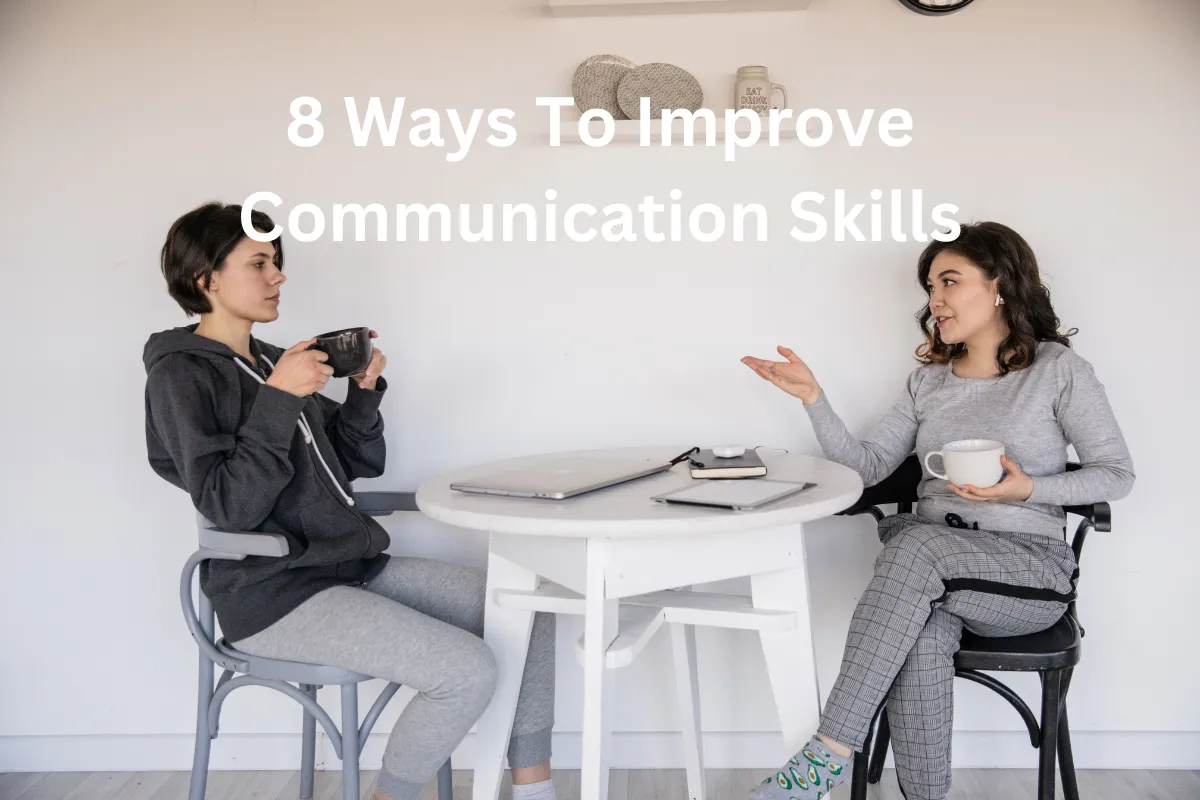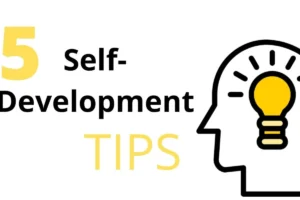Hey there, fellow communicators!
Ever felt like your words are playing hide and seek with the listener?
Fear not!
Today, we’re diving into the wonderful world of communication skills.
Whether you’re acing a presentation or navigating tricky conversations, we’ve got eight game-changing ways to level up your communication prowess.
The Foundation – Active Listening
In a world buzzing with noise, true communication begins with listening.
Active listening isn’t just about hearing words; it’s about tuning into emotions, nuances, and unsaid messages.
So, grab those antennas and start decoding!
The Power of Non-Verbal Communication
Ever heard the saying, “It’s not what you say, but how you say it”?
Non-verbal cues, from facial expressions to body language, speak volumes.
They’re the secret sauce that adds flavor to your words. Master this, and you’re a communication maestro.
Clear as Crystal – Simplify Your Message
Ever received an email that felt like decoding hieroglyphics?
Don’t let your messages be a puzzle.
Simplify your language, cut the jargon, and let your thoughts flow like a clear stream. Simple is memorable.
Engage and Connect – Use Personal Stories
What’s more captivating than a good story?
Weave personal anecdotes into your communication.
It’s the difference between a dry lecture and a gripping Netflix series.
Make your audience feel, relate, and remember.
Embrace Empathy – Walk in Their Shoes
Communication isn’t a one-way street.
Step into the shoes of your audience.
Understand their perspectives, concerns, and emotions.
Empathy isn’t just a soft skill; it’s the secret weapon of effective communicators.
Timing is Everything – Mastering Pacing
Ever tried telling a joke with poor timing?
It falls flat.
Communication is no different.
Master the art of pacing.
Allow space for your words to land, breathe, and resonate.
Timing, my friend, can turn an ordinary message into a symphony.
Feedback, Not Criticism – Constructive Conversations
Feedback is the compass guiding you towards improvement.
Instead of wielding criticism like a sledgehammer, offer constructive feedback.
It’s not just what you say but how you say it that nurtures growth.
Adapt to Your Audience – Chameleon Communication
Ever talked to a tech guru about knitting?
Tailor your communication style to your audience.
Be a chameleon, adapting to different personalities and preferences.
It’s the secret to being universally understood.
Conclusion:
Communication, the invisible thread that weaves through every aspect of our lives, is an art worth mastering.
From active listening to chameleon-like adaptability, these eight strategies are your toolkit for building bridges, fostering connections, and leaving a lasting impact.
FAQs:
Q1: How can I become a better listener?
A1: Practice active listening by giving your full attention, making eye contact, and summarizing what you’ve heard. It’s about being present in the moment.
Q2: How do I improve my body language?
A2: Stand tall, make eye contact, and use open gestures. Avoid crossing your arms, as it can signal defensiveness. Your body language should mirror your words.
Q3: What’s the difference between feedback and criticism?
A3: Feedback is specific, focuses on behavior, and suggests improvement. Criticism tends to be negative, generalized, and often lacks constructive guidance.
Q4: How do I adapt my communication style to different people?
A4: Pay attention to the preferences and communication styles of those you interact with. Mirror their tone, pace, and level of formality to create a comfortable connection.
Q5: Can anyone become a great communicator?
A5: Absolutely! Communication is a skill that can be developed with practice and a willingness to learn. It’s about continuous improvement, not perfection.



